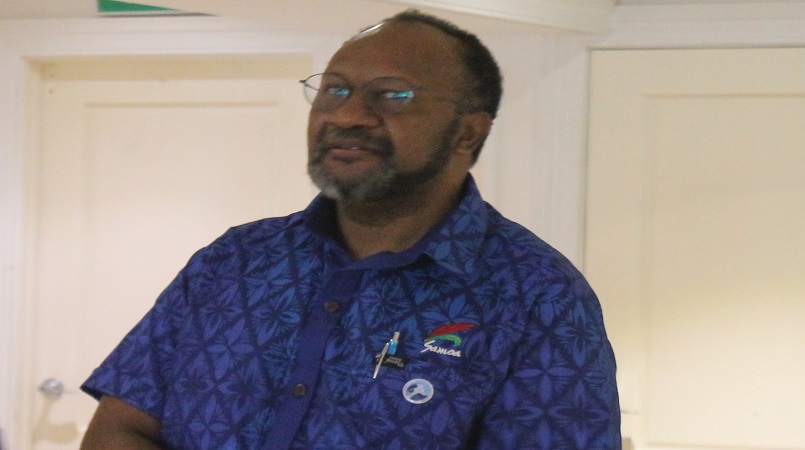
The Government is disappointed with approaches taken by the European Union (EU) Code of Conduct Group (COCG) to downgrade Vanuatu from its grey list to the recent black list status.
Prime Minister of Vanuatu, Charlot Salwai Tabimasmas, and Gaetan Pikioune, Minister responsible for Finance and Economic Management, have acknowledged the assessments done by the EU, the processes in which the assessments were carried out were not clearly communicated to the National Government who is working tirelessly and jointly with the OECD Secretariat to address the OECD requirements.
In February 2019, the EU Finance Ministers met in Brussels to update the EU list of non-cooperative tax jurisdictions. They resolved and concluded that Vanuatu and other countries in their lists have not taken sufficient and necessary steps in fulfilling their taxation commitments and thus sanctioning them to be black-listed.
According to the EU, Vanuatu was required to remove tax concessions that apply only to international companies and ensure that all relevant businesses in Vanuatu have a substantial economic presence in the country. The substantive economic presence requirement will potentially have significant impact directly on international companies as it will effectively eliminate “shelf companies”. The EU requirements implies that Vanuatu will need to develop a “real” financial centre reliant only on active businesses with a physical presence in Vanuatu if it wishes to continue to have an offshore financial centre. This will involve a Country by Country Reporting to address issues concerning the base erosion and profit shifting standards required by the EU.
The Vanuatu Government expressed its concern over the EU’s self-imposed requirements without giving sufficient time and relevant support to the affected countries including Vanuatu to expand and diagnose their internal taxation regimes in compliance with the EU’s standards.
In his Statement, the Head of Government, Charlot Salwai Tabimasmas (MP) said EU’s recent publication of Vanuatu on the EU Black-list on taxation matters can have greater ramifications on national economy and development and thus it is not a matter to take it lightly.
“The publication was unwelcome and from the EU approach is not following the formal ways of communication through the Vanuatu’s Embassy in Brussels. ‘Further, the country has not received the usual formal communique from the EU COCG Secretariat about possible dates and timeline.
All we know is that EU has given us a dateline of 31st of December 2018’ said the Prime Minister.
The Head of the Government further expressed his deep concerns with the adverse effect, including the damage to the reputation on the Vanuatu economy and the unilateral approach adopted by the EU Finance Ministers in this matter. Vanuatu is fully aware that the ACP-EU Cotonou Partnership Agreement, Article 12, directed the EU to inform member countries of the ACP, including Vanuatu through their formal representation, of any measure that EU intend to take that might affect the interest of ACP Member States.
Photo Loop Vanuatu Caption: Prime Minister Charlot Salwai
